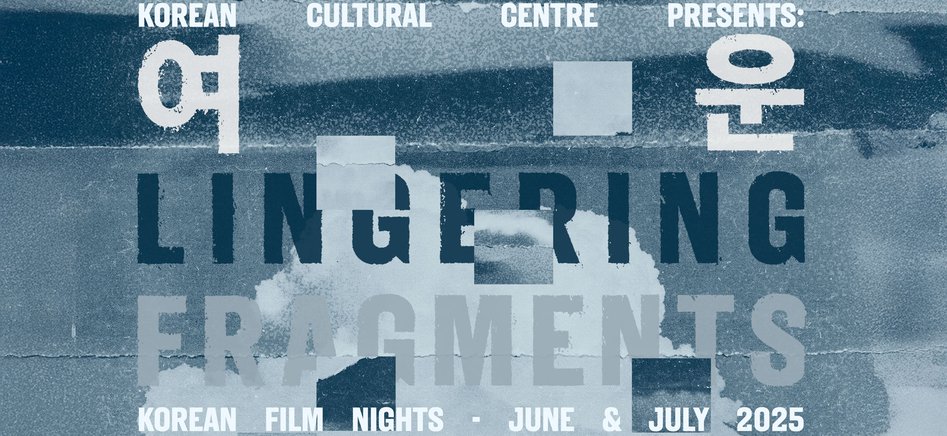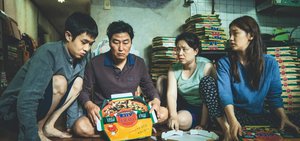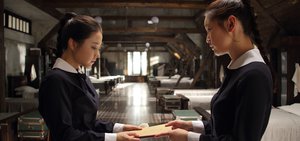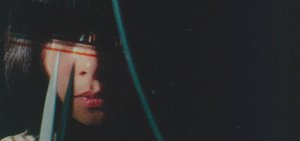Korean Film Nights: 여운 | Lingering Fragments

What endures after conflict? What resonates in memory, image, and voice after tragedy? Whose voices are heard, and how might we move forward?
These questions shape 여운 | Lingering Fragments, a film programme that brings together a broad selection of non-fiction and experimental works, highlighting the richness of Korean cinema and the multiplicity of voices working within it.
In Korean, 여운 (yeo-un) translates to lingering feeling, resonance, or echo. It is the subtle yet powerful sensation that remains after something has ended—an aftertaste of motion, memory, or thought that refuses to fade. The echo stays behind, often more poignant than the moment itself. This idea of 여운 captures the programme’s exploration of how we process trauma, both collectively and personally. These fragments—emotional, visual, and historical—create a space that encourages us to come together through shared experiences. In this way, cinema becomes a site of solidarity, healing, and connection, where the lingering impression of what we see continues to shape how we remember, feel, and relate to one another. The title Lingering Fragments speaks to the emotional resonance of images that remain with us—those indelible moments that persist long after the credits roll.
While overarching themes of memory, poetry, and resistance run through the programme, each night presents a distinct strand of Korean cinema—one that remains resolutely multivocal, not only through the filmmakers themselves but through the many voices embedded within the films. From the daring, radical feminist shorts of Han Okhi and the Kaidu Club—Korea’s first feminist film collective, founded in the 1970s—to a haunting meditation on the Korean War, a screening dedicated to women’s oral histories, and the poetic, textural works of contemporary Korean experimental and artists’ cinema, these films carry the urgency of their times. They address subjects such as the division of the Korean peninsula and its enduring psychological weight, the repressive periods of authoritarian rule in the 1970s and 1980s, and the restrictive gender and social norms that shaped Korea’s postwar society. Whether through militant critique, quiet testimony, or poetic abstraction, these works give form to voices long buried or suppressed—each fragment a testament to the resilience of memory and to cinema’s capacity to resist forgetting.
This year’s programme includes several UK premieres and spans various forms: shorts, features, documentaries, artist films, and video art. We aim to showcase the depth and diversity of Korean cinema and to amplify voices that are often marginalised or overlooked. These films all resist conventional narratives and traditional cinematic forms, instead embracing poetic and experimental modes of expression.
Alongside the screenings, audience members are invited to engage with guest introductions, post-film discussions, and poetry readings. Over four weeks, we invite you into a space where images linger, fragments speak, and cinema becomes a site of reflection and quiet resistance.
This film programme is part of an ongoing collaboration between the Korean Cultural Centre UK and the MA in Film Programming and Curating at Birkbeck, now in its ninth year, providing students with a platform for curatorial practice and discussion focused on historical and contemporary non-fiction cinema and artists’ moving image from Korea.
Programmed and Brochure texts by Birkbeck, University of London, Film Programming and Curating MA Students:
Aoife Kanowski
Jack Cunliffe
Kelsey Keating
Lucy Peters
In conversation with Ricardo Matos Cabo, Birkbeck, University of London.




